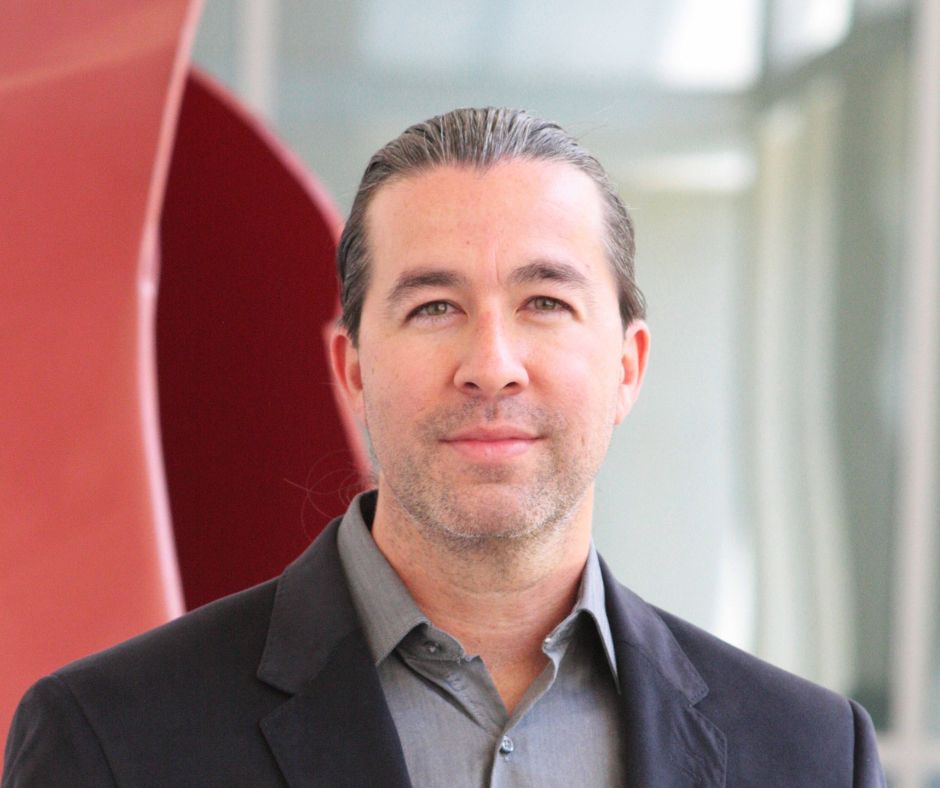While the Not In Our Town pledge states they will not tolerate acts of hatred against classism, neither the Office of Equity and Diversity nor Not In Our Town have a solid plan on how to approach acts of hatred on someone’s class.
“The things that have been reported to us that we’re aware of so far have been really just race related,” said Vicky Kulicke, equity and diversity officer.
There is not a real plan to approach people who are discriminated against because of class, though.
“The approach would be to make sure we stop whatever is happening,” said Barbara Waddell, chief equity and diversity officer.
The one thing that Not In Our Town wants to make sure remains the same is staying together in times of hardship.
“[Not In Our Town is] a community advocacy where we stand together … With each other to make sure we stand against hatred and intolerance,” Waddell said.
Discrimination based on class has not been reported to either the Office of Equity and Diversity or Not In Our Town.
“Usually there is some other issue going on [along with classism],” Waddell said.
While nothing has been reported on the University’s campus in regards to classism, that does not mean it is not happening.
“When we start talking about class, we’re into all kinds of forms of power relations that, of course, permeate this University at every single level,” said Dalton Jones, assistant professor in the department of ethnic studies.
Class influences a lot of the socializing on campus.
“You can accumulate wealth but you can also accumulate poverty and it gets played out in the social relations on the campus,” Jones said.
Even though nothing has been reported to the Office of Equity and Diversity, Jones is certain that classism exists on campus.
“Money influences the way the University is run,” he said. “Students are entering a class-structured environment.”
Since students are entering a class-structured environment, this means there is a working class.
“By and large as a state school … these are working class students,” Jones said.
Working class students seem to be at a “decided disadvantage” compared to students who have help from parents since they have to pay for things themselves.
“They can’t afford … to prolong their education in any way,” Jones said.
The students that have jobs don’t work because they want to, Jones said.
“They don’t have a choice,” he said.
Sophomore Zachary Miller, who works at Marco’s Pizza 12 hours a week, is one of the working class students Jones described.
“It’s difficult at times balancing [work] and school,” he said.
On the other hand, senior Tyler Evans works 18 hours a week as a desk clerk at Founders and takes 16 credit hours.
“I wouldn’nt like to work but that’s what you gotta do,” Evans said. “You have to work when you are a poor college student.”
If discrimination based on classism were reported on-campus, Not In Our Town would be there to help.
“If you … have an avenue of which you can report it, the group of Not In Our Town can then look at it and see if there is something that can be done,” Kulicke said.
Sometimes Not In Our Town will pair up with other community organizations based on the act that hatred that had been committed.
“Then Not In Our Town can go to them and say ‘What is your experience? What has been going on? Can you talk to us about it? How can we support people who might be in this situation?’” Kulicke said.
While there is nothing set in place now, a prototype of questions and a plan could be set in place.
“I think that we can come up with some general response protocols. In general, who comes together, who has the discussion, who figures out what’s the best approach to take, but there is no list of here are all the answers to every scenario that could … come up,” Waddell said.
Focusing on the person as well when they report an act of discrimination is also key, Waddell said.
“I think you always have to take into account the person, what they want, what they’re saying, in addition to … anything else that might be an outcome of [the discrimination],” Waddell said.
There are many different groups of students on campus that Not In Our Town would have to work with in terms of class.
“Some students come to Bowling Green with financial packages or financial resources that allow them to devote … more of their time and energy to what they are sensibly here for, which is their education,” Jones said.
Since the University is raising tuition, this means students are taking out more loans and need to work more hours at their jobs in order to pay for school, Jones said.
“There are radically different … college experiences taking place,” Jones said.
To figure out what needs to be done if a case of discrimination based on class were to occur, Not In Our Town would need to talk to the people affected to find out what they want specifically, Kulicke said.
“Every person is different, every case is unique and you have to look at the facts of that case to figure out how to address them,” Waddell said.
Students who are in the working class are often seen as great workers because of what they have to do to get by.
“It gets transformed into someone wanting to have a strong work ethic so it becomes a moral issue,” Jones said.
Even though their hard work is seen as good thing, how much students actually work, along with taking classes, is hardly brought up.
“It’s a silent pressure that a lot of students are bearing,” Jones said.















